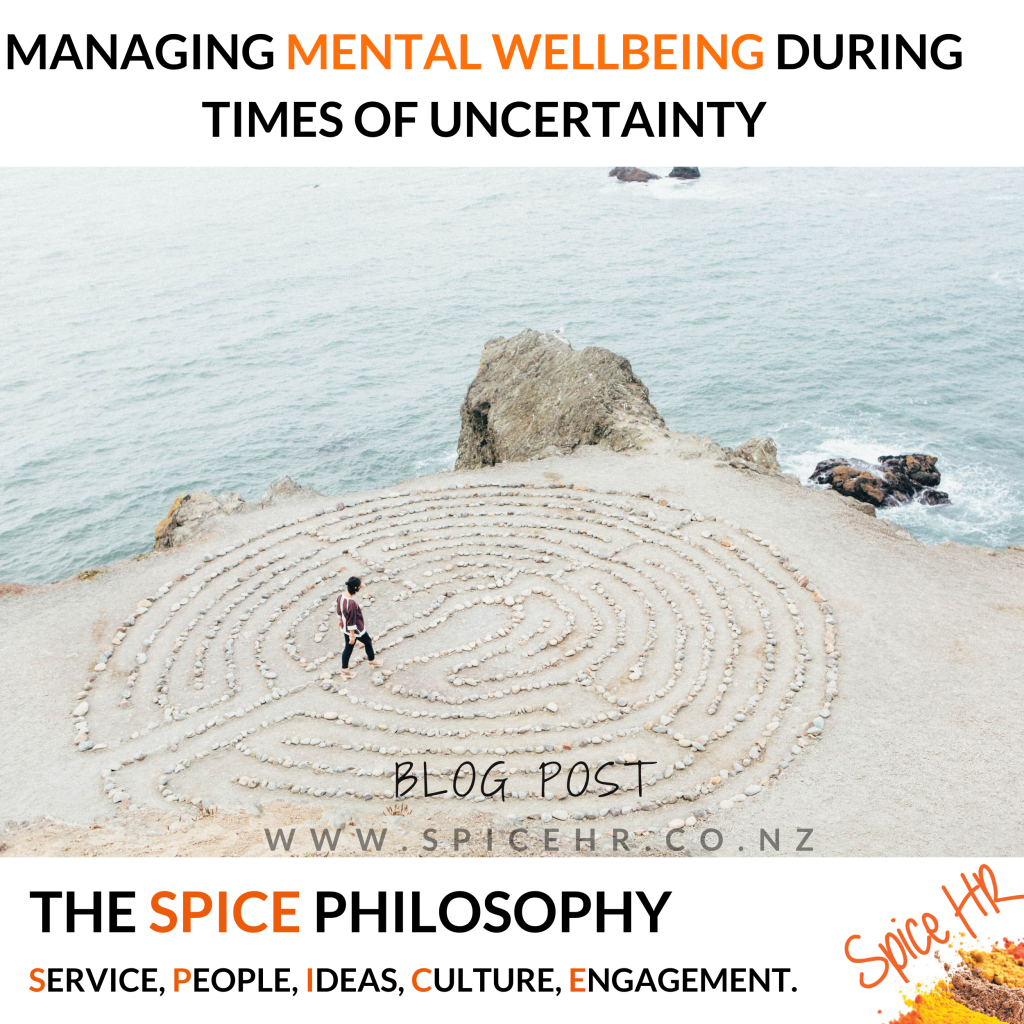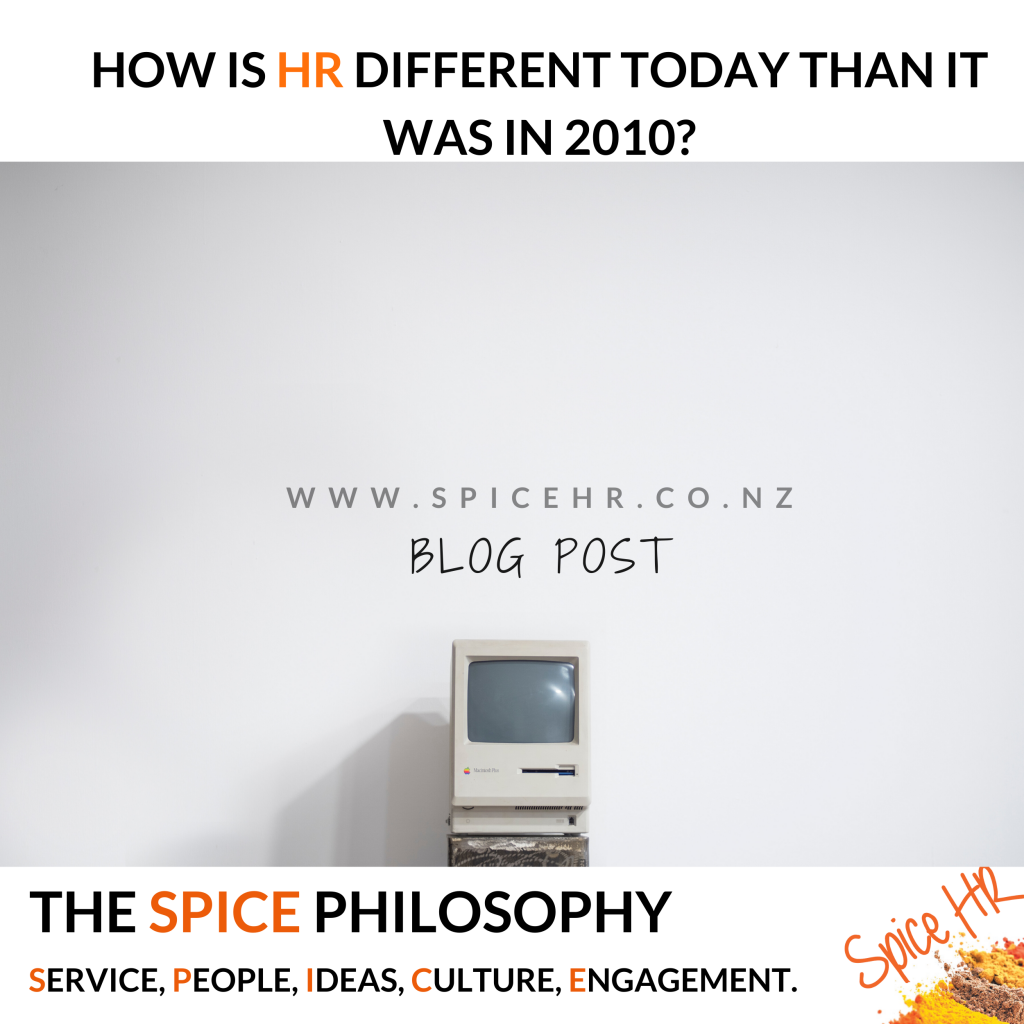
Communicating with your team is the grease that keeps the wheels of your organisation moving. It’s the fuel that powers forward momentum. Heck, it’s even the essential spice that transforms a boring curry into a mouthwatering masterpiece.
Long story short – communication can make or break your team.
Get it right and you will have a fantastic workplace culture, vibing together like the Spice Girls at their peak. But get it wrong, and you’ll have… well, Spice Girls: The Later Years. No one wants that kind of drama in their life!
But when the world throws you a spanner in the form of a crisis, the potential for drama increases.
Fortunately, effective communication and empathy can help you navigate the choppy waters of a crisis. Here are some pointers to help you in these uncertain times.
The Importance of Communicating With Your Team
Why Good Communication Is Important
Communication is the glue that holds many aspects of your team together when it is business as usual. But it becomes ten times more important when your company is dealing with a crisis.
A crisis often means elevated levels of stress and anxiety that can be felt throughout the entire business. People will generally have an intense focus on the here and now, rather than looking towards the future.
Because no one knows what is around the corner, employees will be looking for clarity and transparency from their manager. Clear and effective communication can help them to feel more at ease and allow them to make sense of the situation and feel more comfortable with how they fit into the workplace.
Your words and actions have the power to put your team at ease, rather than throwing them into a panic. Good, clear communication is especially important in these unsettling times.
Delivery Makes the Difference
No one saw a global pandemic coming. And just a few short months ago, it seemed like a distant issue confined to foreign shores. But, we are now living the situation ourselves. Your communication skills are firmly in the spotlight!
Your team may be fearful for their health, but also for their jobs. The way you are communicating can help calm the situation, even if you don’t have all of the answers yourself.
The key is transparency and empathy. Be upfront with the information that you do have (within confidentiality parameters of course) and deliver it with empathy. Be mindful that every decision that your business makes will impact your people in some way.
In an already stressful time, you need to gauge how things are delivered. Sometimes it will need to be in a formal and professional sense, but at other times, your style can be more friendly and open.
Don’t fall into the trap of discussing rumours and hearsay. Stick to the facts.
The Impact on Staff Morale
In many cases, a crisis situation can build a stronger leader. It can help you to gain even more support and respect from your team. Unfortunately, there is not a definitive handbook on how to handle a period of uncertainty.
But, what you can do is pause, take a deep breath and remain calm. Your energy can impact your staff members, so always keep that in mind. If you generate negative energy, then that will ripple throughout the team. Instead of panicking, try these things:
- Give people up to date info as often as you have it available
- Use simple, clear communication
- Be honest and don’t be afraid to show your own vulnerability – everyone is human!
- Encourage good team bonds for a greater support network
- Establish a clear collective vision for the future and share it – after all, every crisis will end
How To Be A Good Communicator
Good communication is not just about talking a lot. One of the biggest parts of communication is being able to listen. If you take the time to listen to what your team are saying, and more importantly what they are not saying, then you can learn a lot.
It is also important to read the non-verbal cues that people are giving. Body language, eye contact, hand gestures and tone of voice can provide an insight into how people are really feeling.
When you are communicating with your team, you want to be clear, concise and have a list of points to cover off so that there is no misunderstanding. Remember, that doesn’t mean you have to be super formal all the time. Be kind, speak with confidence and don’t be afraid to be human too!
Empathy and open-mindedness go a long way when communicating information. If you can model them in the workplace, then your team will have a great example to follow.
Communication can be tricky when there is a lot of uncertainty throughout the country. That is where having an independent HR support partner comes in handy. We have plenty of techniques and skills that you can use to encourage good communication at your place.
Get in touch with us today to get the communication flowing in the right way between your team members.








